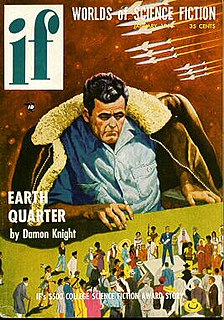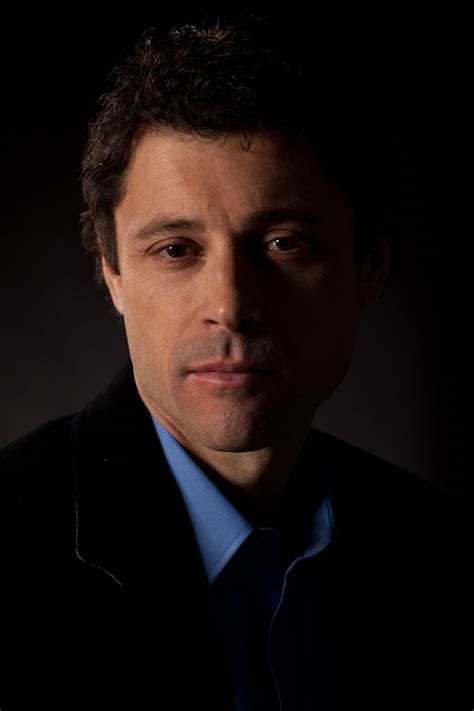A Quote by Damon Knight
One of the great rewards of a writer's life is that it lets you read all the books you want to without feeling guilty.
Related Quotes
Book readers are special people, and they will always turn to books as the ultimate pleasure. Those who do not read are the unfortunate ones. There's nothing wrong with them; but they are missing out on one of life's compensations and rewards. A great book is a friend that never lets you down. You can return to it again and again and the joy first derived from it will still be there.
I can write any kind of novel I want, any time, and sell it, but there's not that many people watching it. Even a low-rated TV show is a couple million more people than read my books. You want to be read, in essence. If you're a television writer, you're a writer and you want people to read your stuff. You're still reaching a bigger audience, that way. That's a philosophical way to look at it.
One of the things I do take some pride in is that if you had never read an article about my life, if you knew nothing about me, except that my books were being set in front of you to read, and if you were to read those books in sequence, I don't think you would say to yourself, 'Oh my God, something terrible happened to this writer in 1989.'
At difficult times of my life, books have been an incredible comfort. When I was 12, I changed schools and my parents split up. It was then that I became addicted to reading. A great writer can attach themselves to your mind and heart, and you feel you understand the world better. As long as you have the capacity to read, you needn't be alone any more. I remember thinking as a child, "If I could give one person the comfort I keep getting from books, then I want to write."
If you really want to drop the guilt you will have to drop your parental voices within, the priestly voices within. You will have to get rid of your parents and your conditioning. Life has been in such a trap up to now that even a small child starts feeling guilty. We have not yet been able to develop an education which can help people to grow without feeling guilty. And unless that education happens man will remain ill, ill at ease.



































